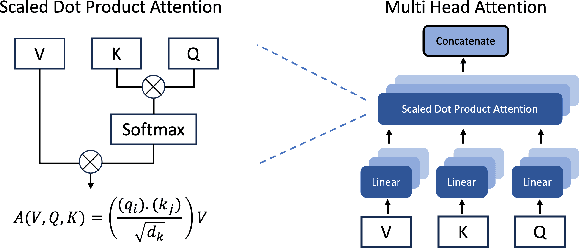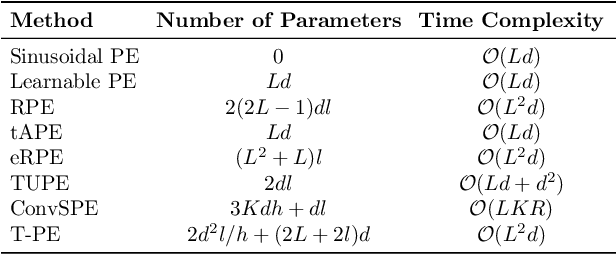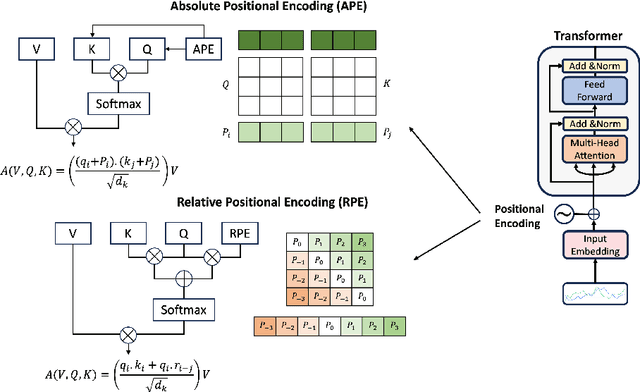Habib Irani
DyWPE: Signal-Aware Dynamic Wavelet Positional Encoding for Time Series Transformers
Sep 18, 2025Abstract:Existing positional encoding methods in transformers are fundamentally signal-agnostic, deriving positional information solely from sequence indices while ignoring the underlying signal characteristics. This limitation is particularly problematic for time series analysis, where signals exhibit complex, non-stationary dynamics across multiple temporal scales. We introduce Dynamic Wavelet Positional Encoding (DyWPE), a novel signal-aware framework that generates positional embeddings directly from input time series using the Discrete Wavelet Transform (DWT). Comprehensive experiments in ten diverse time series datasets demonstrate that DyWPE consistently outperforms eight existing state-of-the-art positional encoding methods, achieving average relative improvements of 9.1\% compared to baseline sinusoidal absolute position encoding in biomedical signals, while maintaining competitive computational efficiency.
Energy-Efficient Transformer Inference: Optimization Strategies for Time Series Classification
Feb 26, 2025Abstract:The increasing computational demands of transformer models in time series classification necessitate effective optimization strategies for energy-efficient deployment. This paper presents a systematic investigation of optimization techniques, focusing on structured pruning and quantization methods for transformer architectures. Through extensive experimentation on three distinct datasets (RefrigerationDevices, ElectricDevices, and PLAID), we quantitatively evaluate model performance and energy efficiency across different transformer configurations. Our experimental results demonstrate that static quantization reduces energy consumption by 29.14% while maintaining classification performance, and L1 pruning achieves a 63% improvement in inference speed with minimal accuracy degradation. These findings provide valuable insights into the effectiveness of optimization strategies for transformer-based time series classification, establishing a foundation for efficient model deployment in resource-constrained environments.
Positional Encoding in Transformer-Based Time Series Models: A Survey
Feb 17, 2025



Abstract:Recent advancements in transformer-based models have greatly improved time series analysis, providing robust solutions for tasks such as forecasting, anomaly detection, and classification. A crucial element of these models is positional encoding, which allows transformers to capture the intrinsic sequential nature of time series data. This survey systematically examines existing techniques for positional encoding in transformer-based time series models. We investigate a variety of methods, including fixed, learnable, relative, and hybrid approaches, and evaluate their effectiveness in different time series classification tasks. Furthermore, we outline key challenges and suggest potential research directions to enhance positional encoding strategies. By delivering a comprehensive overview and quantitative benchmarking, this survey intends to assist researchers and practitioners in selecting and designing effective positional encoding methods for transformer-based time series models.
 Add to Chrome
Add to Chrome Add to Firefox
Add to Firefox Add to Edge
Add to Edge